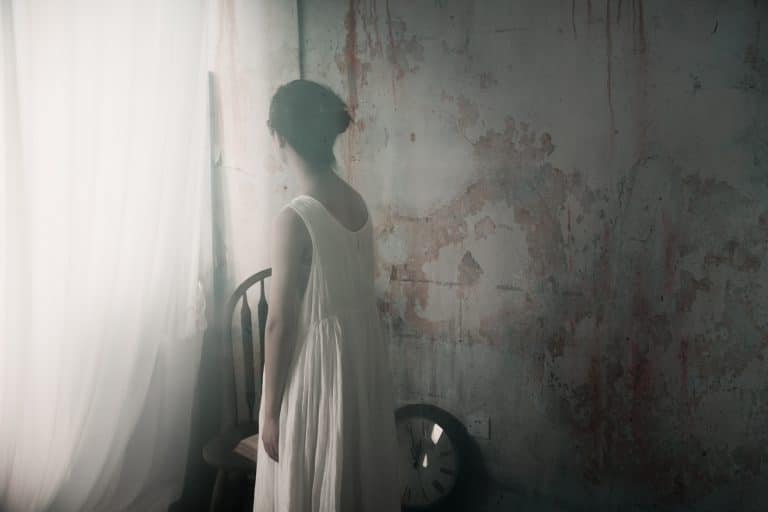
Image by 美撒郭/Flickr, Attribution-NonCommercial-Sharealike.
Do We Deserve Redemption Narratives?
Spoiler alert: If you want to read “A Little Life” by Hanya Yanagihara and have not, bookmark this read for when you are finished.
Reading is central to my spiritual practice. When I’m immersed in the world of a book, reveling in the way another human being has managed to put words to something I’ve felt or thought but never quite pinned down, I am in heaven. The real world, with all of its unpaid bills and hungry babies and immoral political leaders, fades away; it is me, the words, and the people that are made of those words.
Reading feels even more pleasurable and important these days when everything is so oriented around being productive. What could be less productive than reading a really long novel? It’s an act of rebellion against the worship of efficiency.
I slowly but surely made my way through Hanya Yanagihara’s 2015 novel, A Little Life, falling in love with the characters as I went along, and the writer’s understated style and timeless plotting. It’s about four friends navigating their post-college lives in New York. It’s about the damage that is done to us as children and how we integrate that as we become adults. It’s about our broken bodies — how we manage chronic pain, how we resist and accept care. It’s most profoundly about the healing power of relationships. Yanagihara writes:
“Wasn’t friendship its own miracle, the finding of another person who made the entire lonely world seem somehow less lonely?”
It’s also a dark book, filled with the worst of human nature: sexual abuse, parenting cowardice, exploitation. I kept reading for two reasons: first and foremost, because the writing was so beautiful and surprising at different moments, but also because I was sure that slogging through all the darkness promised a hard-earned and transcendent light at the end. I was sure the conclusion would be redemptive. I anticipated reveling in one of the most poetic portraits of the power of human beings to heal and find safety, joy, love…
You probably know how this ends. Badly. The main character, Jude, is not saved by the love of his friends. He dies by suicide. I finished the book feeling so deeply let down by the author. Seven hundred twenty pages and I hadn’t earned my happy ending?
But the more I sat with the book as a whole — its beauty and misery and final punch in the gut — the more I realized that it was probably the most honest book I’ve ever read. I started looking around at all the narratives that surround me in books and television and even songs, realizing that every last one of them is biased for redemption. Even the narratives we tell within our families, amongst ourselves, out loud at dinner parties and to our children, are all filled with “productive misery.” If it’s sad, if we’ve failed, if there has been exploitation or pain, it all leads in a straight line of our own making to something wonderful. We were abused so we could help others who are abused. We got cancer so we could have more empathy for others who are sick. We got divorced so we could meet our real, true love.
Perhaps this is true some of the time, but is it really true all of the time? What about the people we’ve lost to opioid addiction? What about the cancer that ravages your body and teaches you nothing? What about the father that really screwed up and never tried to make it right?
There are the happy endings, but there are also the sad stories with sad endings. We don’t tell them very often and so we expect everything to conclude with a happy twist. We make people who have experienced them feel isolated and grumpy and outside of our cultural norms. We essentially pressure people to make redemptive stories out of their lives even if that doesn’t feel true. A Little Life has expanded my own spiritual intelligence. It has made me question how entitled I feel to happy endings and redemption narratives. It has made me want to see and hear people who fall outside of these expectations.
The book, as it turns out, is also about how even the most healing relationships can sometimes reach the limits of their power, that even people who are loved so well can fail to survive this sometimes very cruel and dysfunctional world. It is about the fact that not all pain is productive. Sometimes it’s just pain. And it’s not fair. And that is our world, too.

